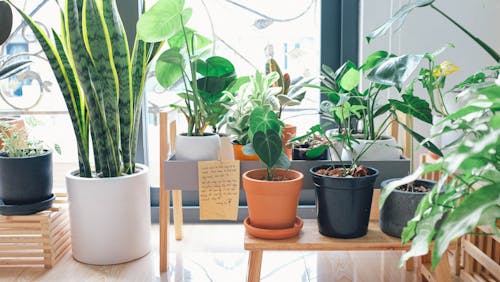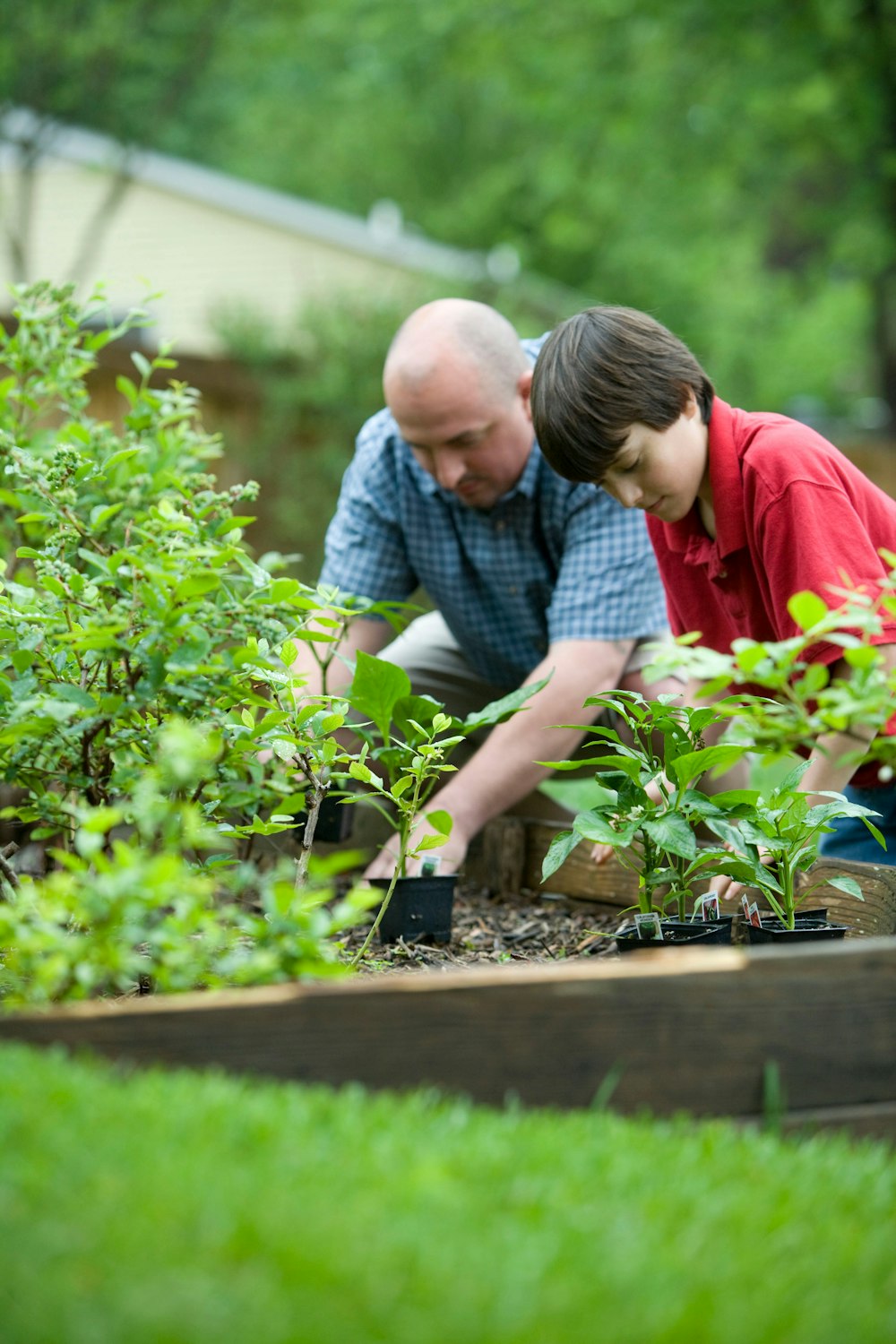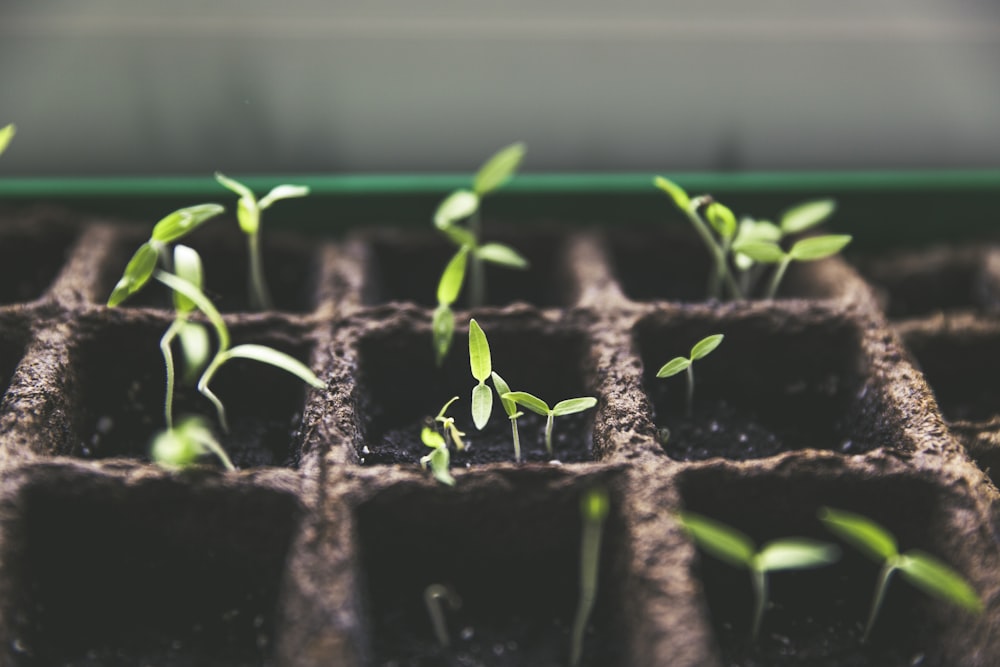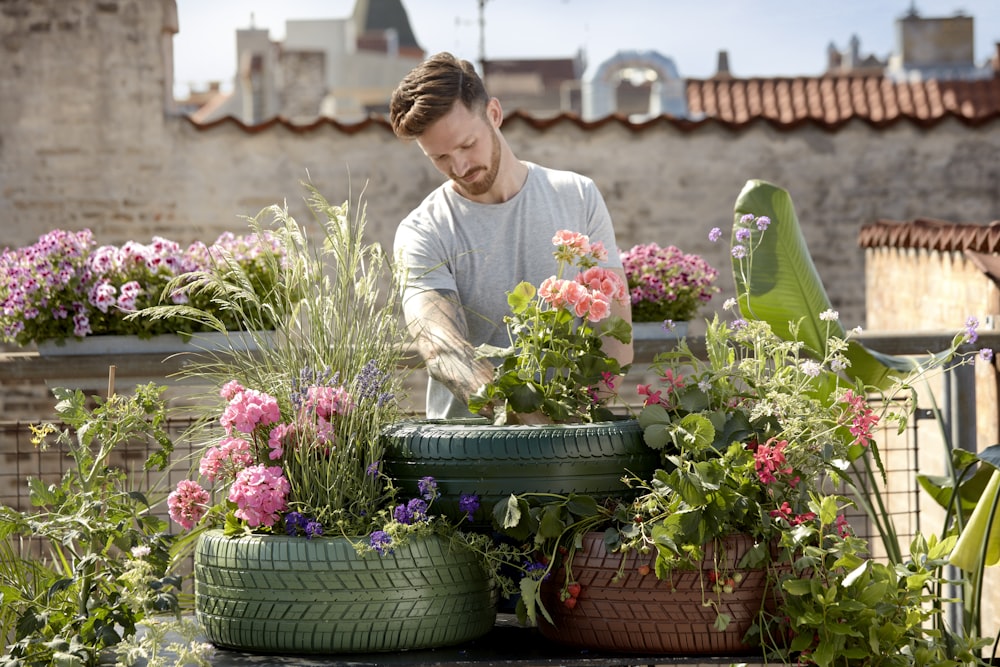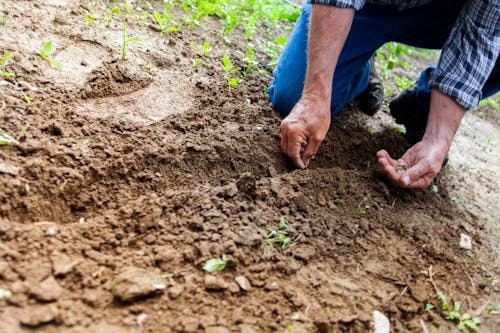7 Essential Tips Every Garden Learner Needs to Know for Green Thumb Success!
Introduction
Welcome to the world of gardening! Whether you’re a complete novice or have a bit of experience, cultivating a green thumb is an immensely rewarding journey. Gardening not only beautifies your surroundings but also provides a plethora of physical and mental health benefits. However, diving into gardening without the proper knowledge can be daunting. Fear not, as we’ve compiled seven essential tips to set you on the path to green thumb success!
Start Small: Begin with Easy-to-Grow Plants
As a beginner, it’s crucial to start with plants that are forgiving and easy to grow. Opt for low-maintenance varieties such as herbs like basil and mint, or hearty vegetables like tomatoes and lettuce. These plants are resilient and provide a forgiving learning curve for novice gardeners.
Understand Your Soil
One of the most critical factors in gardening success is understanding your soil. Before planting, test your soil to determine its pH level and nutrient content. Different plants thrive in various soil conditions, so knowing your soil’s composition allows you to make informed decisions about plant selection and soil amendments.
Sunlight and Water Requirements
Proper sunlight and water are essential for plant growth. Before planting, observe the sunlight patterns in your garden to determine which areas receive full sun, partial sun, or shade. Different plants have varying sunlight requirements, so choose plants that match your garden’s lighting conditions. Additionally, establish a consistent watering routine, ensuring your plants receive adequate hydration without being overwatered.
Garden Maintenance: Pruning and Weeding
Regular maintenance is key to a thriving garden. Make it a habit to prune dead or overgrown branches to promote healthy growth and maintain the shape of your plants. Additionally, stay vigilant against weeds, which compete with your plants for nutrients and water. Regular weeding keeps your garden beds tidy and prevents weed infestations.
Pest Control and Disease Prevention
Pests and diseases can wreak havoc on your garden if left unchecked. Learn to identify common garden pests such as aphids, snails, and caterpillars, and implement natural pest control methods like companion planting and introducing beneficial insects. Additionally, practice good garden hygiene by removing diseased plants and properly disposing of plant debris to prevent the spread of diseases.
Learn from Mistakes: Embrace Trial and Error
Gardening is a journey of continual learning, and mistakes are inevitable. Don’t be discouraged by setbacks; instead, view them as valuable learning opportunities. Whether it’s overwatering a plant or neglecting to provide adequate sunlight, each mistake teaches you something new about your garden and helps you become a better gardener.
Get Creative with Garden Design
Your garden is a blank canvas waiting to be transformed into a botanical masterpiece. Experiment with different layouts, colors, and textures to create a garden that reflects your personality and style. Incorporate elements like trellises, pathways, and decorative containers to add visual interest and functionality to your outdoor space.
Seasonal Considerations
Gardening is a year-round endeavor, with each season presenting its own set of challenges and opportunities. Be mindful of seasonal changes and adjust your gardening practices accordingly. From planting cool-season crops in spring to protecting tender plants from frost in winter, understanding seasonal considerations is crucial for garden success.
Stay Informed: Utilize Resources
The world of gardening is vast and ever-evolving, so don’t hesitate to seek out resources to expand your knowledge. Whether it’s gardening books, online forums, or local gardening clubs, there’s a wealth of information available to help you on your gardening journey. Take advantage of these resources to learn new techniques, troubleshoot problems, and connect with fellow gardening enthusiasts.
Patience is Key
Gardening teaches patience like a few other pursuits. From planting seeds to waiting for flowers to bloom, gardening requires a willingness to embrace the slow and steady pace of nature. Cultivate patience in your garden endeavors, and you’ll be rewarded with the joy of watching your plants flourish over time.
Harvesting and Enjoying the Fruits of Your Labor
There’s nothing quite like the satisfaction of harvesting fresh produce from your garden. Whether it’s plucking ripe tomatoes off the vine or snipping herbs for culinary creation, the fruits of your labor are a delicious reward for your gardening efforts. Take time to savor these moments and celebrate the abundance your garden provides.
Share Your Knowledge
As you gain experience and expertise in gardening, don’t keep it to yourself—share it with others! Whether it’s offering gardening tips to friends and family or volunteering at a community garden, spreading your passion for gardening enriches the lives of those around you and fosters a sense of community.
Environmental Considerations: Sustainable Gardening Practices
In an increasingly environmentally conscious world, sustainable gardening practices are more important than ever. Embrace eco-friendly gardening techniques such as composting, water conservation, and using organic fertilizers to minimize your garden’s impact on the environment. By prioritizing sustainability, you not only protect the planet but also create a healthier and more resilient garden ecosystem.
Conclusion
Embarking on a gardening journey can be both exciting and challenging, but with the right knowledge and approach, anyone can cultivate a green thumb. By following these essential tips,
you’ll be well-equipped to navigate the joys and challenges of gardening with confidence. Remember to start small, understand your soil, and pay attention to sunlight and water requirements. Regular maintenance, pest control, and disease prevention are essential for a thriving garden and don’t forget to learn from your mistakes along the way.
Get creative with your garden design, embrace seasonal considerations, and stay informed by utilizing the resources available to you. Above all, patience is key in gardening—enjoy the process and celebrate each milestone along the way.
As you harvest and enjoy the fruits of your labor, consider sharing your knowledge with others and practicing sustainable gardening practices to minimize your environmental footprint.
With dedication and perseverance, you’ll soon find yourself with a flourishing garden and a newfound appreciation for the wonders of nature.
FAQs
- How do I know which plants are suitable for beginners?
- Look for plants labeled as “easy to grow” or “beginner-friendly.” Herbs like basil and mint, as well as vegetables like tomatoes and lettuce, are excellent choices for novice gardeners.
- What should I do if I encounter pests in my garden?
- Identify the pests first, then consider natural pest control methods such as companion planting, introducing beneficial insects, or using organic pesticides as a last resort.
- How often should I water my plants?
- The frequency of watering depends on factors like plant type, soil type, and weather conditions. Generally, it’s best to water deeply and less frequently rather than shallowly and frequently.
- What are some common mistakes beginner gardeners make?
- Overwatering, underestimating sunlight requirements, and neglecting regular maintenance tasks like pruning and weeding are common mistakes. However, don’t be discouraged—learning from these mistakes is part of the gardening journey.
- Is gardening environmentally friendly?
- It can be! By practicing sustainable gardening techniques such as composting, water conservation, and using organic fertilizers, you can minimize your garden’s impact on the environment while nurturing a healthy ecosystem.
Get your hands dirty and start your gardening journey today!

